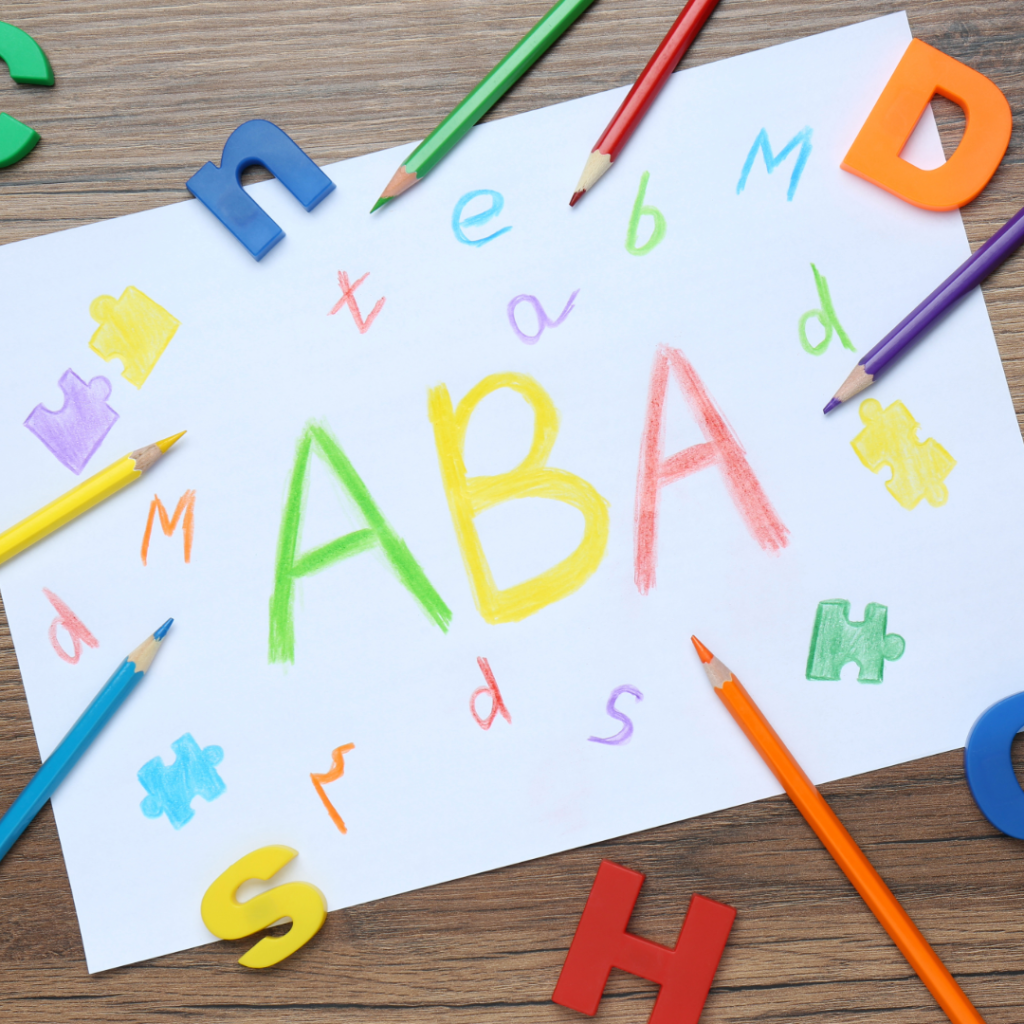Atlanta, GA


Applied Behavior Analysis (ABA) is a scientifically validated approach that focuses on improving specific behaviors, such as social skills, communication, reading, and academic skills, as well as adaptive learning skills like motor dexterity, hygiene, grooming, and domestic capabilities. Through individualized, data-driven programs, ABA therapy helps clients achieve measurable improvement in meaningful areas of life.
Common signs of autism in infants can vary, but some early indicators may include:
Limited Eye Contact:
Infants may avoid eye contact or have difficulty maintaining it during interactions.
Lack of Social Smiling:
They may not respond to social smiles or may not smile back at caregivers.
Delayed Babbling:
There may be a lack of cooing or babbling compared to peers.
Reduced Interest in Social Interaction:
Infants might show less interest in engaging with others, such as not reaching out for comfort or not responding to their name.
Limited Gestures:
They may not use gestures like waving, pointing, or reaching to communicate.
Unusual Reactions to Sensory Stimuli:
Infants might be overly sensitive or indifferent to
sounds, textures, or lights.
Preference for Solitary Play: They may show a preference for playing alone rather than
with others.
Repetitive Movements:
Some infants may display repetitive behaviors, such as rocking
or hand-flapping.
If caregivers notice several of these signs, it may be beneficial to consult a pediatrician or a specialist for further evaluation. Early intervention can be crucial in supporting development.
Signs of autism in children age 3 and up can vary widely, but some common
indicators include:
Social Interaction Difficulties:
– Limited interest in playing with peers.
– Difficulty understanding or responding to social cues, such as facial expressions or tone of voice.
– Challenges in initiating or maintaining conversations.
Communication Challenges:
– Delayed speech or language skills.
– Limited use of gestures, such as pointing or waving.
– Difficulty understanding jokes or figurative language.
Repetitive Behaviors:
– Engaging in repetitive movements, such as rocking, spinning, or hand-flapping.
– Rigid adherence to routines or rituals, and distress when these are disrupted.
– Intense focus on specific topics or objects, often to the exclusion of other activities.
Sensory Sensitivities:
– Overreacting or underreacting to sensory stimuli, such as sounds, lights, textures, or tastes.
– Unusual responses to pain or discomfort.
Difficulty with Change:
– Resistance to changes in routine or environment.
– Anxiety or distress in new or unfamiliar situations.
Lack of Interest in Shared Activities:
– Limited interest in playing pretend games or engaging in imaginative play.
– Difficulty sharing enjoyment or achievements with others.
Emotional Regulation Issues:
– Challenges in managing emotions, leading to frequent tantrums or meltdowns.
– Difficulty understanding or expressing feelings.
If caregivers notice several of these signs, it may be beneficial to seek an evaluation from a healthcare professional or a specialist in developmental disorders. Early identification and intervention can be crucial in supporting children with autism.